Central Texas Dermatology nurse practitioner Lia Stratton is dedicated to applying the latest medical research in treating skin disease and providing patients with customized anti-aging solutions. Here, she shares how a treatment that’s medically indicated for halting the evolution of pre-cancerous lesions can also have positive cosmetic benefits for patients.
Actinic Keratoses (AK) are common precancerous skin lesions that are typically found on sun-damaged areas of the skin. As a result, if you have one, you are likely to have or develop more over time. AKs often appear as small pink scaly or crusty areas, and they may be easier to feel than they are to see.
While AKs often resolve on their own, they are at risk of turning into skin cancer, specifically squamous cell carcinoma (SCC). For that reason, it is far preferable to treat and remove AKs long before they have the opportunity to turn into cancerous skin lesions.
There are many different ways that we can treat AKs:
Procedures To Treat AKs
- Chemical Peel
- Cryosurgery/Liquid Nitrogen
- Electrodessication & Curettage
- Laser
Topical Products to Treat AKs
- 5- Fluorouracil
- Imiquimod
- Ingenol Mebutate
- Diclofenac
Each treatment modality is important and has its place. For many people, it is especially beneficial to treat AKs with field treatment where we can address both the spots we can see as well as those we cannot see. This is most commonly accomplished in-office with a TCA chemical peel or at home with 5-fluorouracil cream applied nightly for one to two weeks.
Patients often like treating their AKs with the chemical peel because it is a quick in-office procedure. Peeling starts about two to three days after the procedure is complete and continues for about five to seven days. Temporary discoloration and irritation are normal, and strict sunscreen and sun protection are imperative to ensure the most favorable outcome. An added perk to this treatment modality is that individuals will often notice cosmetic benefits. Patients often note improved texture and skin tone, diminished sunspots, and reduced pore size in addition to the primary medical benefit of skin cancer prevention.
If you think you might have an AK, you should always schedule an appointment for an evaluation. Additionally, if you have ever been told you have an AK you should make sure to schedule regular skin examinations.

